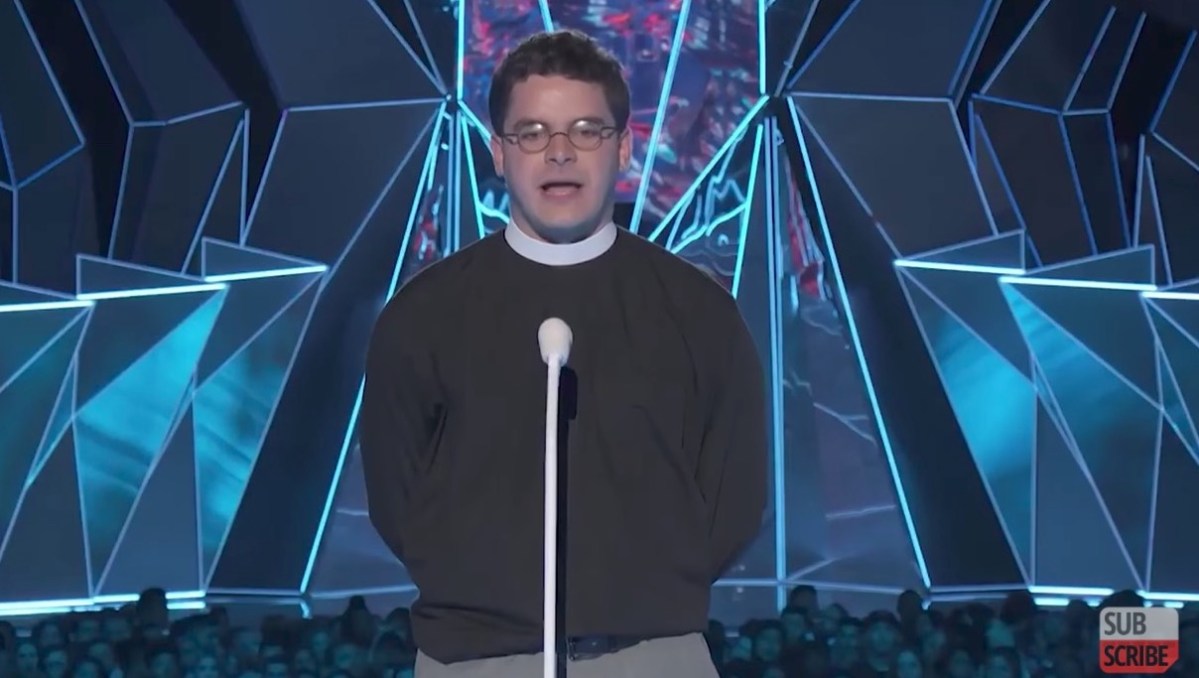In the wake of rising white nationalism and the removal of Confederate monuments, there seems to be no end to racists coming out of the woodwork. However, in an unexpected act of support, many descendants of Confederate leaders have come out to publicly criticize their ancestors. Notable examples included the descendants of Confederate icons Robert E. Lee and Thomas “Stonewall” Jackson, who called for the removal of statues and denounced the violence on the part of white nationalists in Charlottesville.
Another powerful recently message came from Robert Wright Lee IV, the great-great-great-great-nephew of General Lee, at the MTV Video Music Awards on August 27. There, the pastor introduced the mother of Heather Heyer and called upon the country to denounce white supremacy and take down Confederate statues. He went on to praise the Black Lives Matter movement, the Women’s March, and Heather Heyer as inspirations to fight against discrimination, calling racism “America’s original sin.”
Lee’s statement was powerful and emphasized his “moral duty” as a pastor to fight against hatred. While the message of embracing love is one that is fully Christian, Lee’s message tackles this problem by name which might’ve been too much for his congregates and other viewers. The vague rhetoric of anti-hate is one that most can get behind, but we’ve often seen that a candid message of anti-racism and open discussion of America’s racist history will suddenly experience more pushback.
In interviews, he revealed that the appearance led to a great deal of scrutiny:
“A faction of church members were concerned about my speech and that I lifted up Black Lives Matter movement, the Women’ s March, and Heather Heyer as examples of racial justice work…I want to stress that there were many in the congregation who supported my right to free speech, yet were uncomfortable with the attention the church was receiving. The church’s reaction was deeply hurtful to me.”
As a result, the pastor stepped down from his position at his church, though he expresses no regrets for fighting against white supremacy.
I had to resign my pastorate today. I hope you all will pray for me.
— Rev. Rob Lee (@roblee4) September 3, 2017
Rather, he goes another step forward and uses this moment to shift the focus to hoping others continue the fight. Lee writes in a statement:
“Most importantly I do not want this episode to be a distraction from the sacred work of confronting white supremacy in all its forms. My calling and my vocation has led me to speak out against violence and oppression in any form, and I want to especially challenge white Christians in America to take seriously the deadly legacy of slavery in our country and commit ourselves to follow Jesus into a time of deep reflection, repentance and reconciliation.”
“Dark times lie ahead of us and there will be a time when we must choose between what is easy and what is right.”- Albus Dumbledore
— Rev. Rob Lee (@roblee4) September 3, 2017
Lee’s actions demonstrates a hard and painful truth about being a true ally—that it is neither easy, nor is it comfortable. It’s easier to say the right and proper things to your friends who agree or to a stranger to whom you have no connection. It’s easy to be an empathetic and supportive person when the stakes are low and you have nothing to lose. It is much harder when you encounter a co-worker, a family member, or someone that can leave you alienated, rejected, or lost. As a result, it’s these difficult moments that counts the most—when it’s difficult.
Reading about Lee’s conviction, it forces me to asks myself how I act when being an ally is inconvenient. I, like many people I know, have lost friends or become distant from loved ones since the election. But do all of us have the courage and drive to be as vocal when it means losing your position, standing, and community? To not ask what the situation does or means for us, but for the suffering of others?
I sure hope so.
Someone just asked me was it worth it… Was it worth losing everything.
Unequivocally yes.
— Rev. Rob Lee (@roblee4) September 3, 2017
I dislike the line: “Lee descendant leaves church.”
I’m Rob Lee and I haven’t left the church. Y’all haven’t gotten rid of me yet.
— Rev. Rob Lee (@roblee4) September 4, 2017
(via Jezebel, image: screencap)
Want more stories like this? Become a subscriber and support the site!
—The Mary Sue has a strict comment policy that forbids, but is not limited to, personal insults toward anyone, hate speech, and trolling.—









Published: Sep 5, 2017 11:50 am